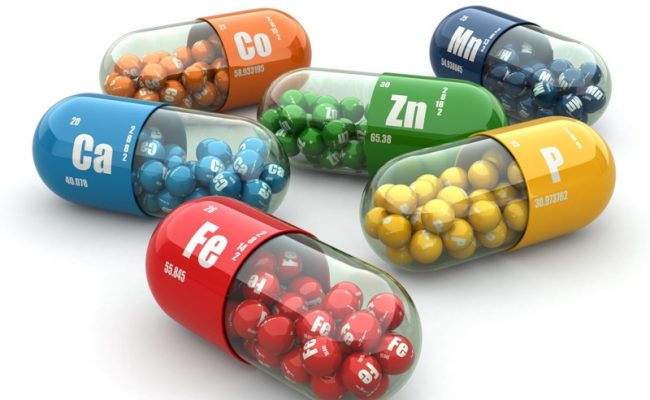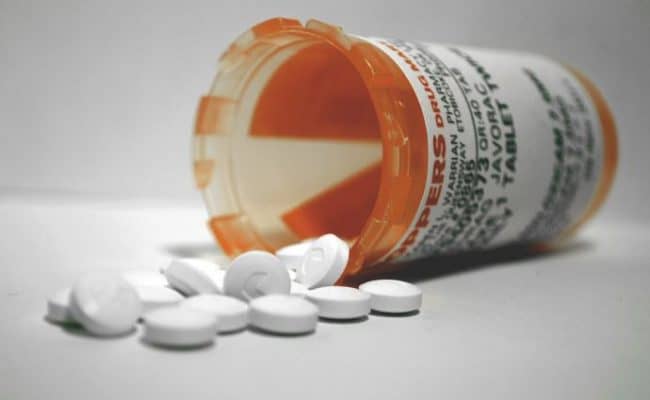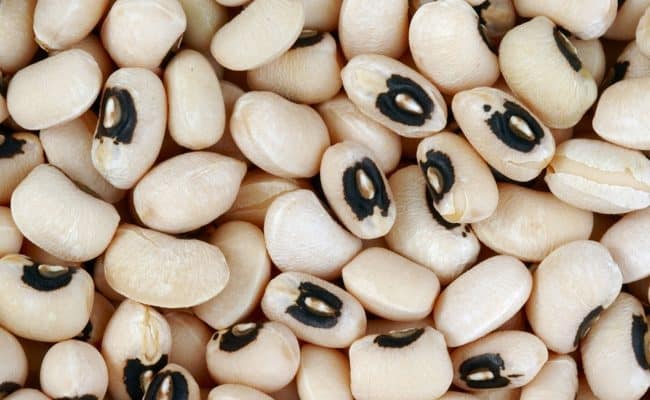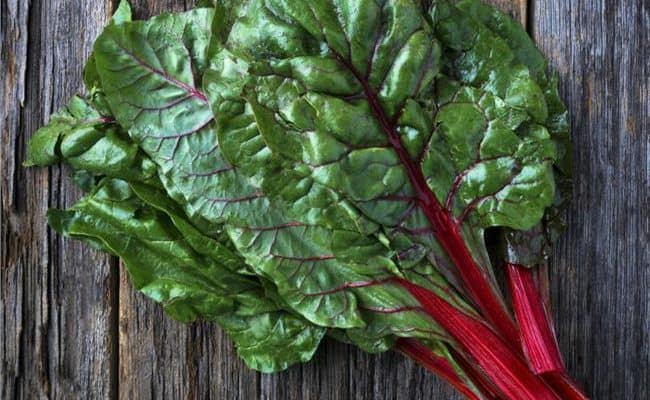
Vitamin E is a fat soluble vitamin that acts as an antioxidant in the body. There are eight forms of natural vitamin E, but the form of alpha tocopherol vitamin E is the form that is recognized to meet human needs.
Antioxidants from vitamins A,C, and E can protect cells from damage from free radicals and environmental toxins such as cigarette smoke, air pollution and UV radiation.
Vitamin E can help protect cell membranes from damage and protect LDL cholesterol from getting oxidized.
Dietary supplements of vitamin E were widely consumed in years past for lowering risk of cardiovascular disease and possibly lower risk of certain cancers.
However, recent studies have not all shown a benefit from taking high dose vitamin E supplements.
In fact, some studies have shown an increased risk of taking high dose vitamin E with one study suggesting it may even increase, not lower, risk for prostate cancer.
What is clear is that vitamin E obtained from foods in the diet can offer important health benefits. The impact of taking a vitamin E supplement is still being understood from research.
Antioxidant
Cell membranes can be vulnerable to damage from unstable free radicals in the body.
Since vitamin E is a fat soluble vitamin, it can help stabilize cell membranes and protect them from free radical damage.
Linus Pauling Institute (1) also suggests vitamin E can influence cell proteins and enzymes.
For example, in cell culture studies vitamin E has been shown to help prompt immune T cell activation.
Heart health

Vitamin E can protect LDL cholesterol from oxidation. Oxidized LDL is considered more harmful for heart health, so preventing LDL from getting oxidized may help lower risk for cardiovascular disease.
Vitamin E can lower platelet aggregation which can lower risk for blood clots.
Some population studies have shown a correlation between higher intakes of vitamin E and lower risk for heart disease.
Because of this positive correlation from research studies, many health professionals suggested taking vitamin E supplements to lower risk for cardiovascular disease.
However, more recent studies have not shown a benefit from taking high doses of vitamin E and heart health.
In fact, one study found high intakes of vitamin E may even increase risk for stroke in some people (2).
Therefore, taking high doses of vitamin E is usually no longer recommended for heart health for generally healthy adults.
Focusing on eating vitamin E rich foods may be best for boosting vitamin E intake or taking the RDA level from supplement.
Some people who are considered high risk for heart disease may still benefit from higher doses of vitamin E, so speak with your physician if you have questions about vitamin E and your health.
Vitamin E and prostate cancer risk
Having a high intake of antioxidants, like vitamin E, may help protect cells from damage by carcinogens.
Therefore, eating foods high in antioxidants may help lower risk for some cancers. Vitamin E supplement intake and lowering risk for heart disease and cancer are mixed.
A 2009 study (3) looked at data from over 35,000 men. These men were split into 4 groups: selenium, vitamin E, selenium + vitamin E and placebo.
Participants took these supplements for about 3 years and had data collected between 7-12 years after the study.
Researchers did not find selenium, vitamin E or the combination showed protection against risk for prostate cancer.
In fact, according to Linus Pauling Institute (4), an updated analysis found an increase of 17% risk of being diagnosed with prostate cancer from the vitamin E supplement group compared to the placebo group.
Because of the lack of evidence of a benefit from prostate cancer risk with vitamin E supplement, health professionals and groups no longer recommend a high dose vitamin E supplement for healthy men.
Linus Pauling Institute recommends general healthy adults take the RDA level of vitamin E if you want to take a supplement form of vitamin E.
Food sources
Vegetable oils are one of the best food sources of vitamin E. One tablespoon of sunflower oil provides 5.6 mg of alpha tocopherol.
Safflower, grapeseed and canola oils are other top sources of vitamin E. Nuts, seeds, wheat germ, avocados, fish and vegetables are other sources of vitamin E.
According to Linus Pauling Institute more than 90% of adults don’t meet the daily recommended intake of vitamin E.
The RDA for vitamin E for male and female adults is 15 mg per day.
Therefore, eating more foods high in vitamin E can help boost intake closer to the RDA level.
Vitamin E supplements: helpful or hurtful?
The studies with vitamin E supplementation and lowering risk for chronic diseases have mixed results.
Some studies suggest there may be a benefit, some studies show no benefit and some studies have even shown high doses of vitamin E may increase risk for some diseases.
While there are not conclusive benefits from vitamin E supplements, most health authorities do not advocate healthy people taking vitamin E supplements to lower disease risk.
For certain people with higher risk factors, speak with your physician for individual recommendations.
Vitamin E does have an UL set at 1,000 mg for male and female adults. Getting this amount of vitamin E from supplements is not recommended for healthy people.
There are not adverse risks from getting high doses of vitamin E from foods, only supplements (5).
Conclusion
Vitamin E is an antioxidant that can protect cell membranes from damage and may protect LDL cholesterol from getting oxidized.
Studies with vitamin E supplements have shown mixed results for lowering risk for heart disease and certain cancers.
Studies with prostate cancer risk have not shown significant benefit of vitamin E supplement lowering risk for prostate cancer risk.
Getting more vitamin E from foods can be beneficial, as most adults do not meet the RDA intake for vitamin E.
If you do take vitamin E in supplemental form, keep the dose to the RDA level unless recommended otherwise from your healthcare team.











